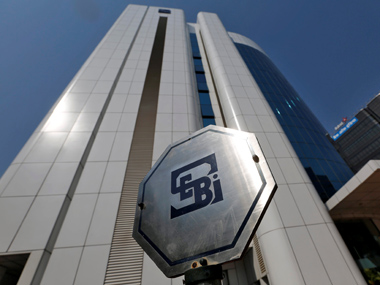New Delhi: Capital markets regulator Securities and Exchange Board of India (SEBI) witnessed its total income rise by 25 percent to Rs 752.48 crore in 2016-17, mainly due to increase in fees and subscription income. As per the annual accounts of SEBI, the total expenditure of the regulator also rose to Rs 387 crore in 2016-17, from about Rs 374 crore in the previous fiscal. The other administrative expenses increased from Rs 78 crore to Rs 103 crore, however, the establishment expenses dropped from Rs 264 crore to Rs 253 crore. The regulator’s fee income rose from Rs 391 crore to Rs 519 crore, while earning from investments increased to Rs 200 crore over Rs 186 crore. [caption id=“attachment_4307425” align=“alignleft” width=“380”] Representational image. Reuters[/caption] Overall, the markets watchdog’s total income increased to Rs 752.48 crore in 2016-17 from Rs 601.67 crore in the preceding fiscal, indicating a growth of 25 per cent. The fee income included income from annual fees or subscription, listing fees contribution from stock exchanges, income from registration, renewal and application. Formed by the government in 1988, SEBI was given statutory powers after passage of the SEBI Act in 1992 after the Harshad Mehta scam hit the Indian markets. As per its preamble, SEBI is mandated to protect the interests of investors in securities as well as promote and regulate the securities markets. It regulates business in stock exchanges and other securities markets, registers and regulates various market intermediaries, including brokers, merchant bankers, registrars, portfolio managers and investment advisers, as well as foreign portfolio investors, credit rating agencies, mutual funds and venture capital funds. Besides, SEBI is mandated to check fraudulent and unfair trade practices, insider trading and other manipulative activities.
As per the annual accounts of SEBI, the total expenditure of the regulator also rose to Rs 387 crore in 2016-17, from about Rs 374 crore in the previous fiscal.
Advertisement
End of Article


)
)
)
)
)
)
)
)
)



